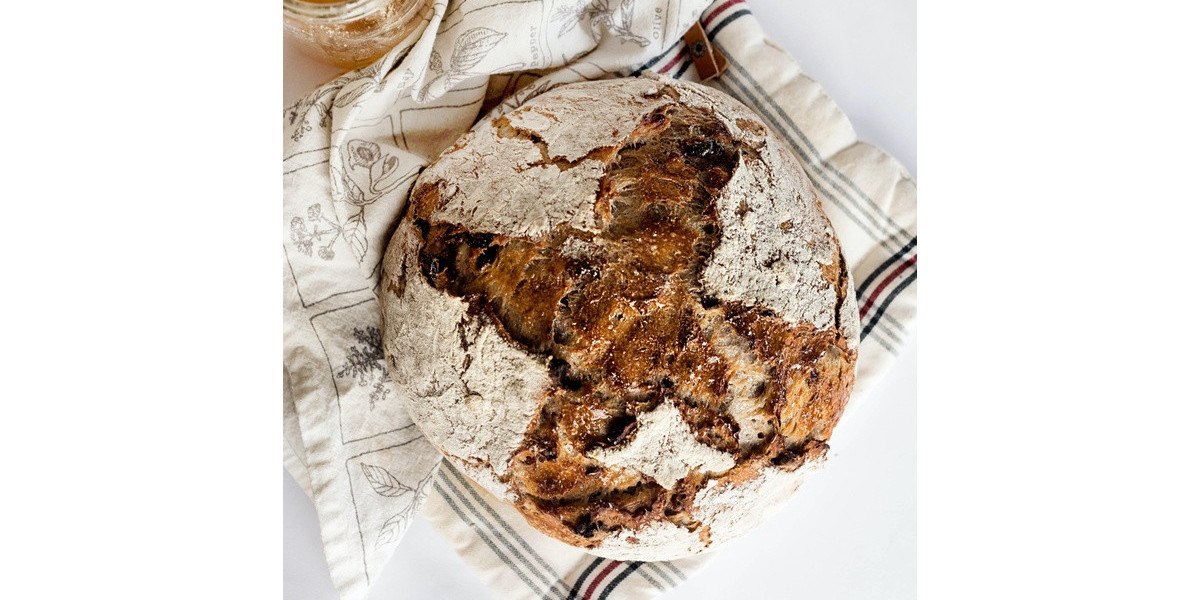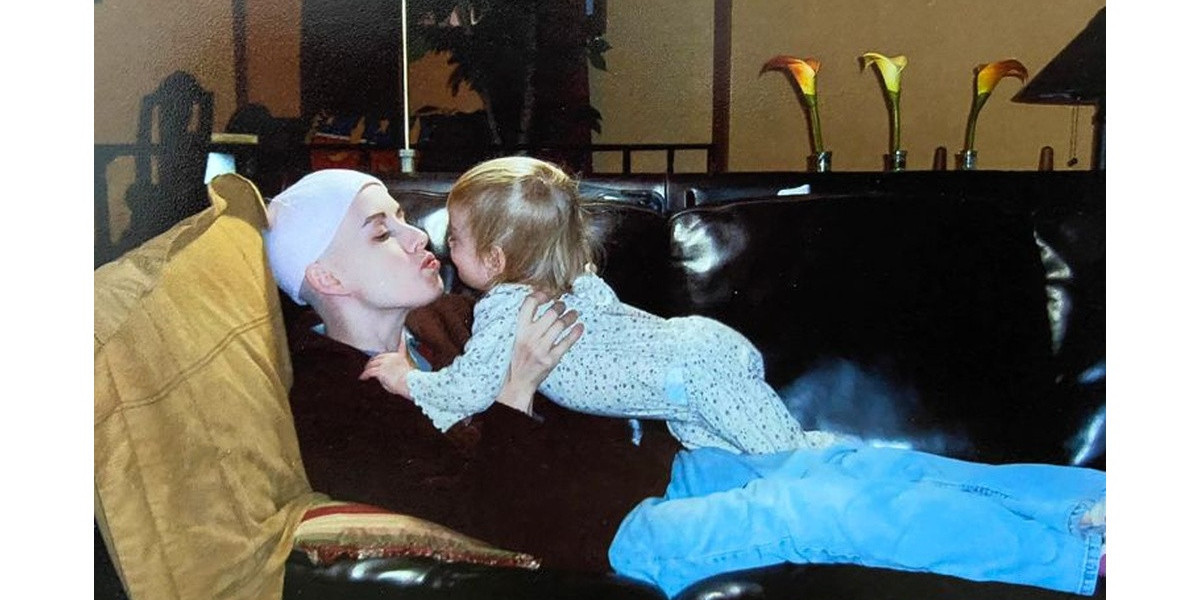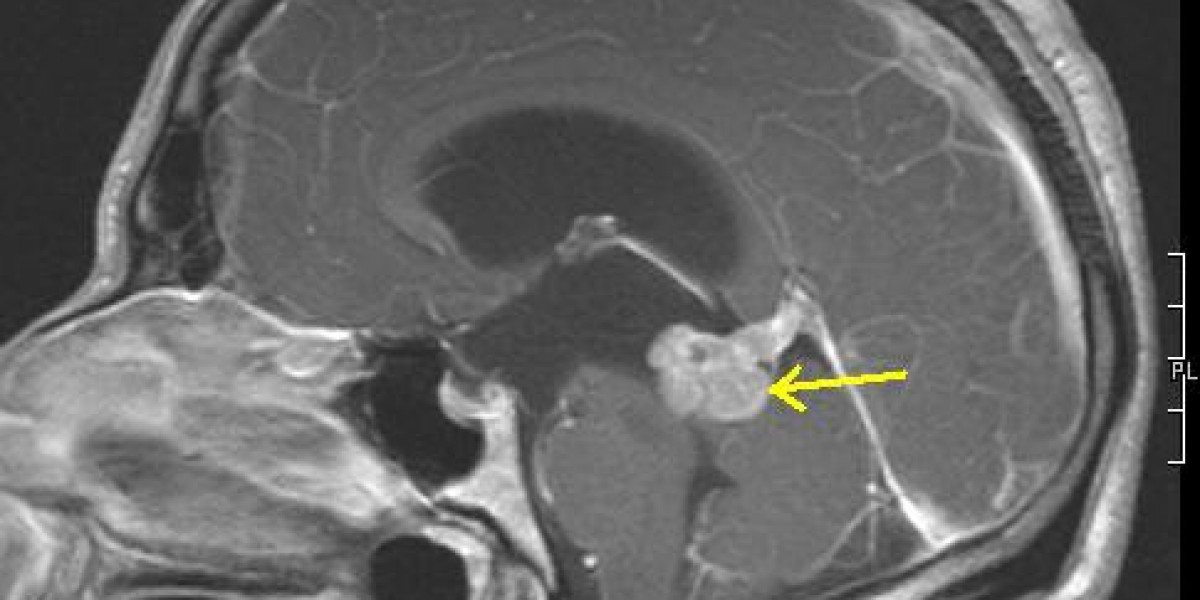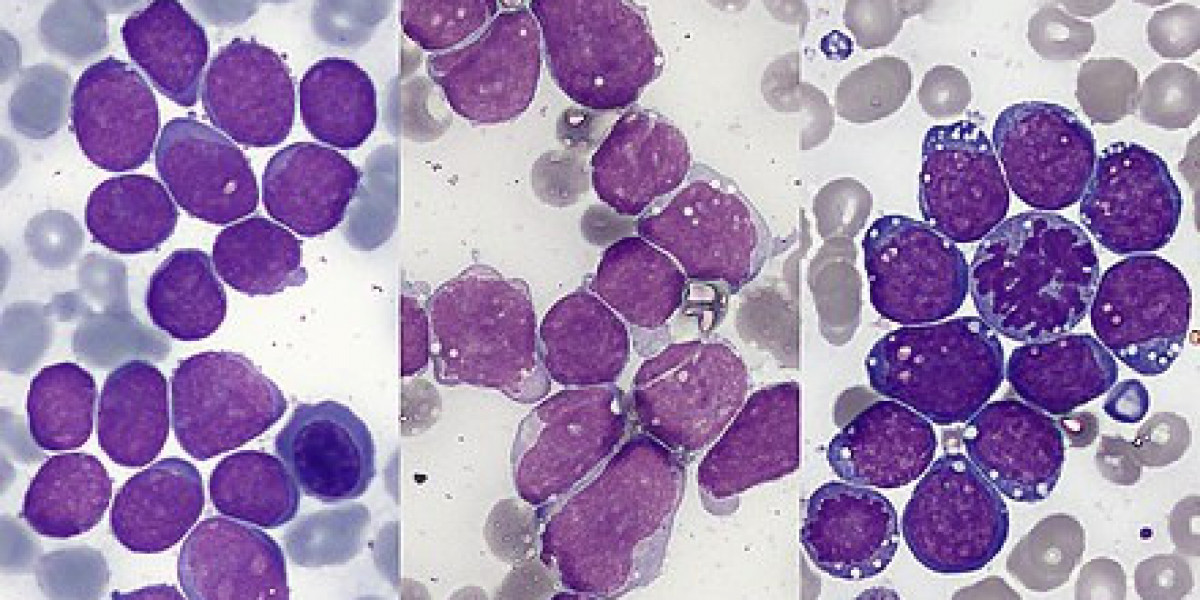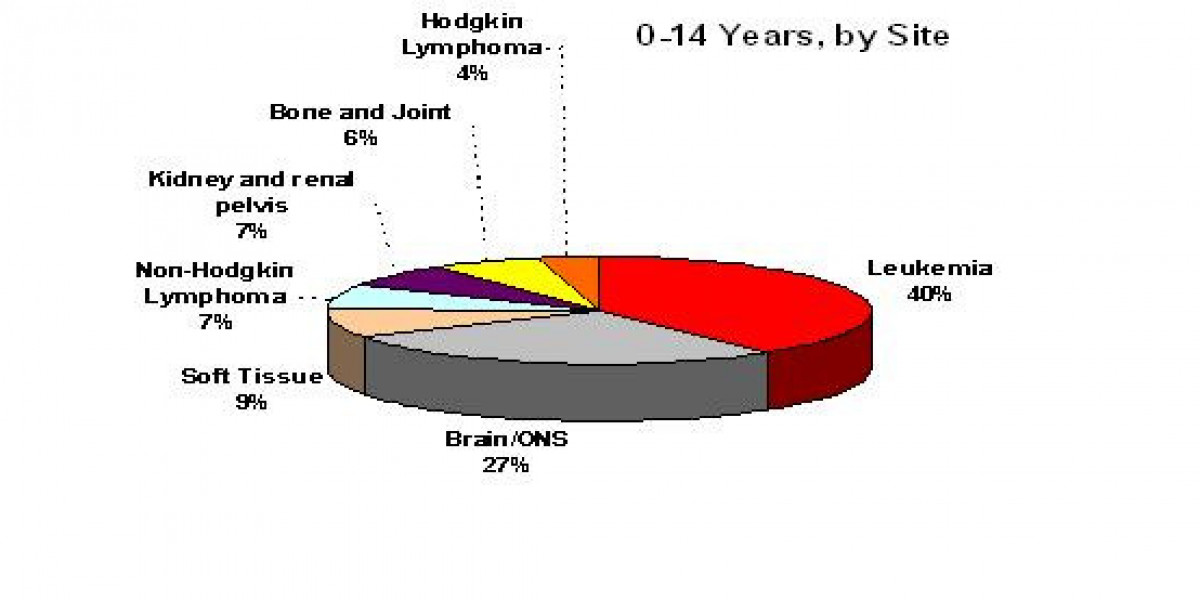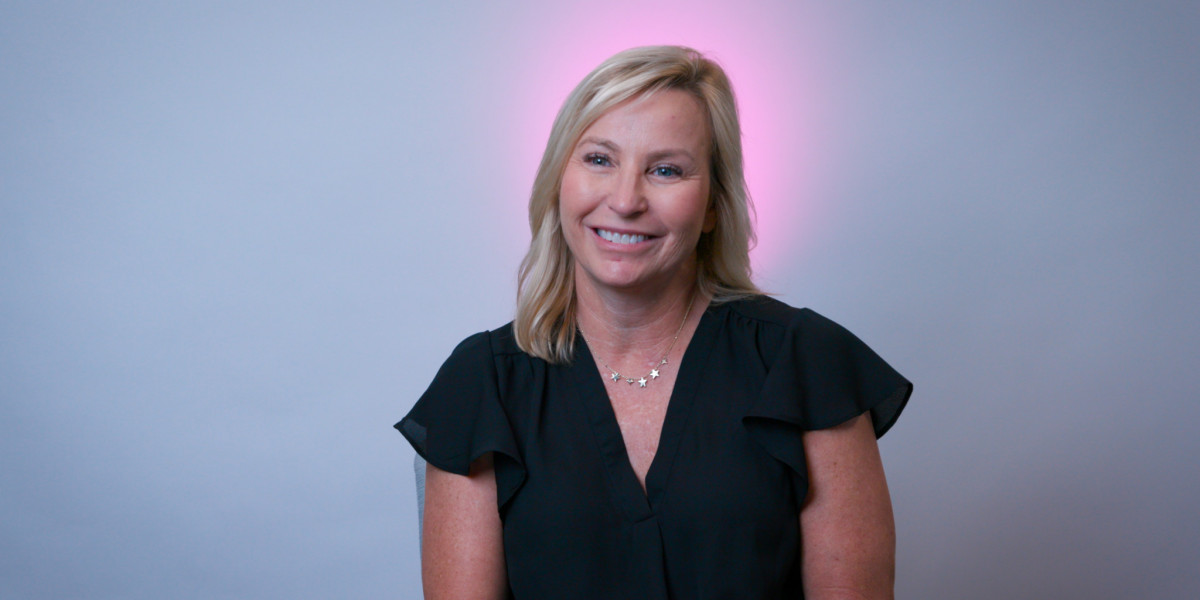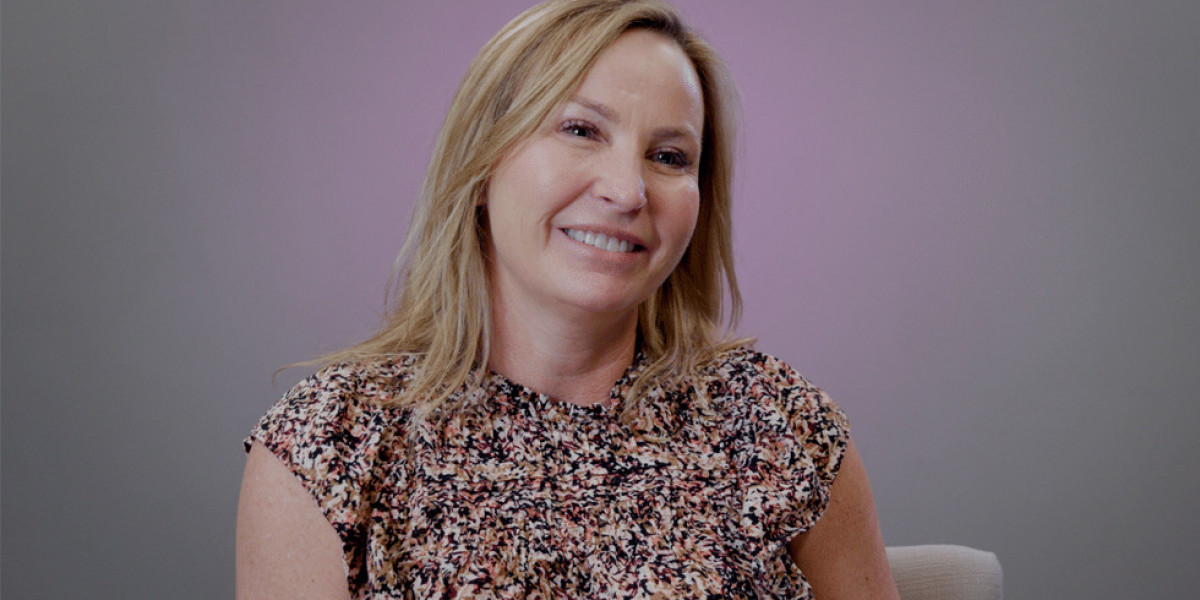Updated: Apr 10
We’ve all been there — someone says, “Let me know if you need anything,” and because nothing specific is agreed, nothing happens. Or perhaps a thoughtful gift like a bouquet of flowers becomes another thing to manage — finding a vase, trimming the stems, arranging them — when you’re not feeling well.
When you are living with cancer, it’s completely understandable to feel unsure about how — or even whether — to ask for or accept help. You might be used to managing things yourself, or simply too overwhelmed by everything else going on to know where to begin.
But here’s the truth: people often want to help — they just don’t always know how. Being open about what would make a difference for you can help lighten the load in ways that feel truly useful.
It’s not always easy to ask for help — especially if you’re used to taking care of things on your own — but it’s one of the simplest ways to feel more supported. When someone says, “Let me know what I can do,” it’s helpful to guide them with something specific. For example:
“Could you pick up a few cartons of fresh soup?”
“Would you mind dropping off some milk and bananas?”
Being clear makes it easier for others to offer support in ways that truly help. Small, practical requests like these are often easy to fulfil — and can make a big difference day to day.
Here are a few simple ideas for how others might be able to support you. These are based on what many of my clients have found helpful:
Picking up groceries, collecting prescriptions, or posting mail
Collecting the kids from school, taking them to activities, or babysitting for a few hours
Putting out the bins, mowing the lawn, or watering the plants
If someone enjoys cooking, they could make an extra casserole, stew, or lasagna for you to have on hand, or even a batch of egg muffins or a few pots of overnight oats. A ready-to-eat meal can be a big help
Changing the bed sheets, doing a washing load, or ironing a few items
Lifts to a clinic appointment or treatment sessions
Dog walking or pet sitting.
If you’re reading this to support someone else — thank you. Your care really does mean a lot. The most helpful support often begins with a simple question: “What would be most useful for you right now?”
Some gestures, like gifting a cleaning service for a few months, can be incredibly thoughtful — but it’s still best to check first.
Lots of people ask me what cookbook they can gift a friend who’s recently been diagnosed with cancer. My first question is: does your friend enjoy cooking?
Recipe box delivery services can be a brilliant help but check with the person to see if this would be useful for them. These boxes typically include step-by-step recipes and all the fresh, pre-portioned ingredients you need, with options for meat, fish, or veggie dishes.
Some of my favourite providers include:
Hello Fresh
Riverford
Gousto
Mindful Chef
Having a few ready meals in the freezer is another great option. Would this be helpful? If so, here are a few of my favourite providers:
Après Food
By Ruby
Cook
Frive
Support doesn’t always have to come from close friends or family. There are also services and organisations that can step in when friends and family aren’t nearby or when you need different kinds of help.
In my NHS role, I often work with social prescribing teams who do fantastic work supporting people in the community. Social prescribing focuses on what matters to you — not just medical needs — and connects you to services that support your practical, emotional, and social wellbeing. It’s free and can help with:
Reducing isolation and loneliness
Making lifestyle changes, like weight management, quitting smoking, or getting more active
Support around housing, benefits, or finances
Managing long-term health conditions
You can access social prescribing through your GP surgery. Many services accept self-referrals. If a referral is required, often the receptionist or practice nurse can refer you without needing an appointment with your GP.
This short video explains social prescribing in more detail.
You can also explore Cancer Care Map , an easy-to-use online directory that shows local cancer support services near you — whether you’re looking for practical help (like managing daily tasks or pet care while you're in hospital) , emotional support, or health and wellbeing services.
Accepting help can feel unfamiliar or uncomfortable — especially if taking care of things yourself is what you're used to. It is not a sign of weakness. In fact, many people tell me it’s one of the most important things they did to feel more supported and less alone.
Whether you're asking for something simple or exploring support in your community, every small step can ease the load — and create space to focus on what matters most to you.
If you're not sure where to start with food or nutrition support during or after treatment, I’d be happy to help you find a way forward that feels manageable and personal to you.
? info@thecancerdietitian.com
☎️ 020 8064 2865
? Book an appointment
The content provided in this blog is for informational purposes only and should not be considered personalised nutrition, dietetic, or medical advice. Please consult your healthcare team for personalised advice and guidance regarding your specific medical condition or dietary needs.
Originally published on The Cancer Dietitian.

